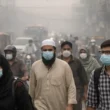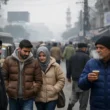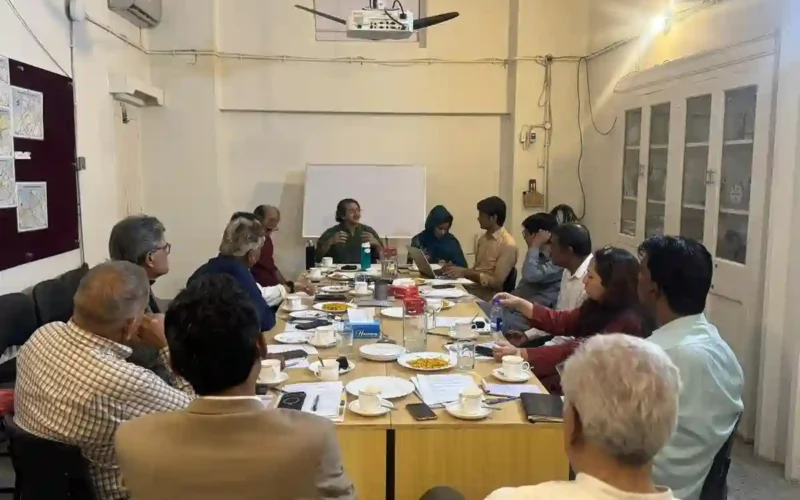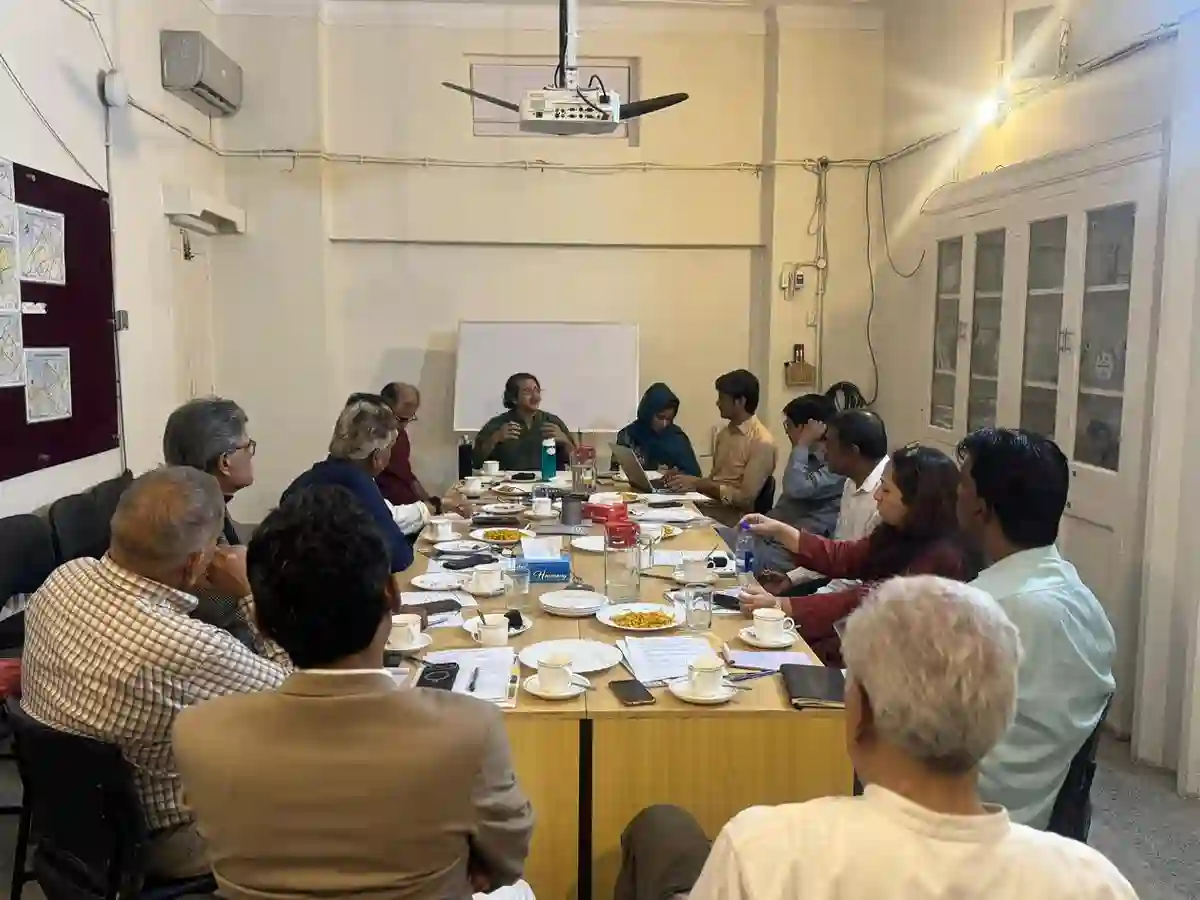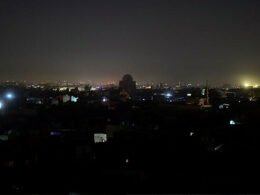Climate Action Center Karachi successfully hosted a multi-stakeholder dialogue in collaboration with Urban Resources Center and Concerned Citizens Alliance, titled “Understanding Local Government Functionality and Challenges” on Friday, 21 November.
The session brought together government representatives, academics, practitioners, and community leaders to examine Karachi’s local-government structures and the persistent challenges that shape service delivery across the city.
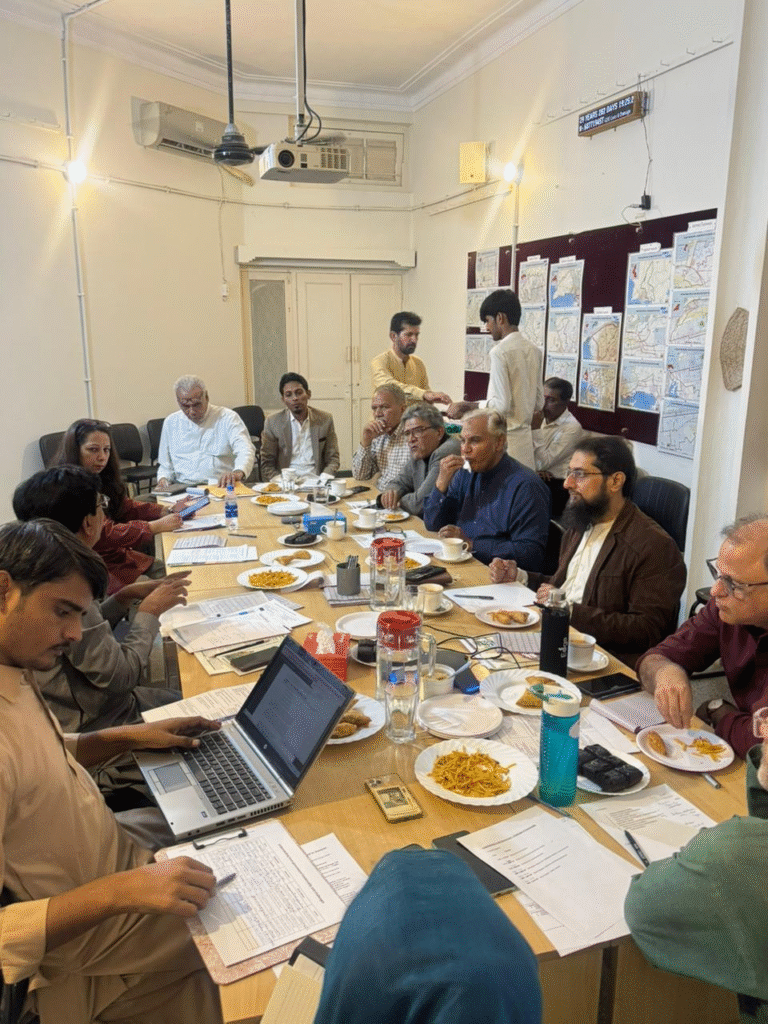
The dialogue explored how administrative overlaps, financial limitations, and gaps in political accountability continue to restrict effective governance at the local level.
Visit Times of Karachi website for the latest news-related content daily
Participants engaged in a wide-ranging conversation on structural constraints, institutional roles, and the need for more empowered and responsive local-government mechanisms.
Key insights discussed during the session included:
The importance of empowering communities and community leadership at the union council level. “At UC levels, community and community leaders should be empowered,” stated Danish Altamash.
The critical need for political accountability. “Political accountability at the local level is necessary to strengthen functioning and improve grassroots political strength to ensure economic development,” noted Farhan Anwer.
READ: Sindh government to launch double-decker, new EV buses in Karachi next week
Participants questioned the real-life outcomes of governance systems, asking: “When local government is in action, does the quality of life get better?”
It was highlighted that UC meetings are required to take place twice a year, yet these meetings often do not occur, contributing to weakened oversight and limited community involvement.
The session reiterated that local government is responsible for doorstep service delivery, but due to limited accountability and institutional fragmentation, service delivery remains inconsistent.
A distinction was clarified between the Local Government Department and Local Government institutions, noting that the department is a large administrative body, containing the Local Government Board, where internal politics frequently affects operations.
Follow the Times of Karachi channel on WhatsApp
Financial constraints were emphasized: Union Councils receive nearly PKR 1.2 million, most of which goes into salaries, leaving minimal funds for development work.
More broadly, it was discussed that 70–80% of local-government budgets are spent on salaries, severely limiting planning, development, and essential municipal improvements.

